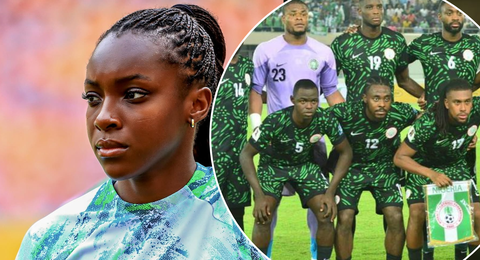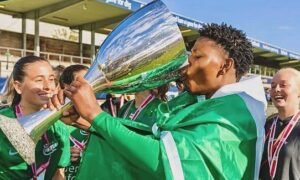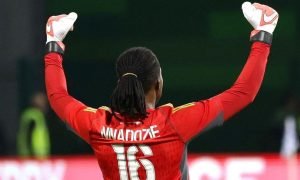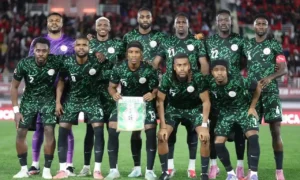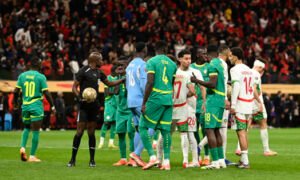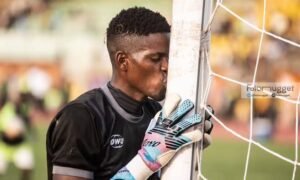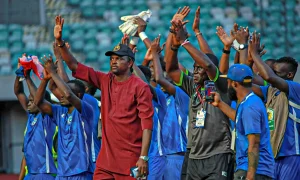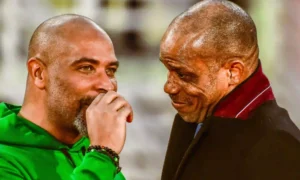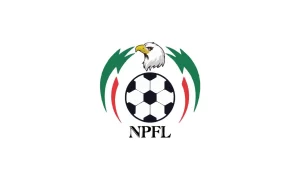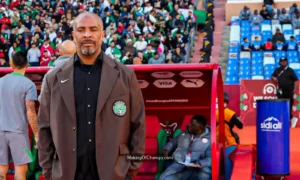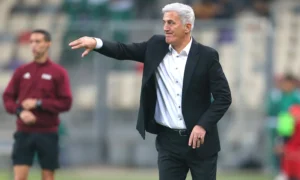Super Falcons star Michelle Alozie has publicly criticized the Nigerian Football Federation (NFF) for the unequal treatment of the women’s national team compared to their male counterparts, the Super Eagles.
Alozie shared her experiences on the YouTube show Togethxr, highlighting the lack of basic amenities provided to the Super Falcons during training camps.
One particular incident that stood out was when Alozie asked about laundry facilities during her first camp with the Super Falcons. Instead of being provided with a washing machine or laundry service, she was told to hand wash her training gear. Alozie questioned the disparity, noting that the Super Eagles are not subjected to such conditions.
READ MORE: Barcelona secures 28th La Liga title with 2:0 win over Espanyol
“We’re all professional athletes,” Alozie said. “The Super Eagles are not doing handwashing, so why should we?” Alozie emphasized the need for equal treatment, stating that she expects equality when it comes to national team representation.
The 28-year-old California-born winger’s comments shed light on the systemic issues within Nigerian football, particularly concerning the women’s team. Despite facing challenges beyond the pitch, including inadequate support and unpaid bonuses, the Super Falcons have consistently delivered strong performances.
Alozie’s advocacy aims to improve conditions for future generations, especially the Falconets—the national U-20 women’s team.
CLICK HERE TO JOIN THE ATHLETIC NG WHATSAPP GROUP CHAT NOW!
“Being inside of it and seeing everything that everyone has to deal with—and then still being expected to perform at their best—is frustrating, but it really makes me want to fight for the Falconets that come up,” Alozie said.
The Super Falcons are set to play a double-header friendly against Cameroon on May 31st and June 3rd, which will serve as crucial preparation for the delayed 2024 Women’s Africa Cup of Nations (WAFCON). The NFF has yet to respond to Alozie’s statements, but her candidness has sparked a broader conversation about the treatment of female athletes in Nigeria.
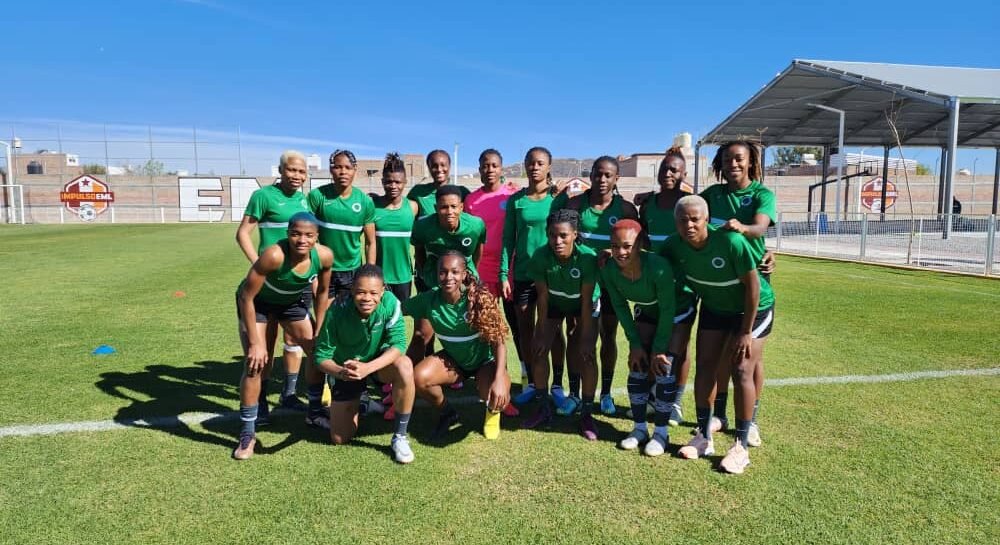
Super Falcons of Nigeria
Alozie’s comments have highlighted the need for systemic change to ensure equality and proper investment in women’s football. As the Super Falcons prepare for upcoming matches, fans and supporters are eagerly awaiting the team’s performance. However, Alozie’s advocacy serves as a reminder that there is still much work to be done to ensure that female athletes receive the support and respect they deserve.
The conversation sparked by Alozie’s statements is a step towards creating a more equitable environment for female athletes in Nigeria. As the football world watches, it remains to be seen how the NFF will respond to Alozie’s criticisms and whether this will lead to meaningful change for the Super Falcons and women’s football in Nigeria.

